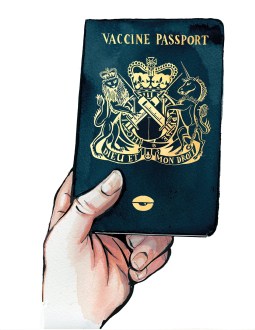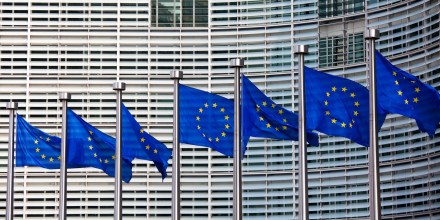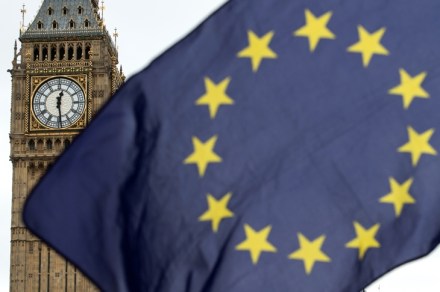Papers please: what will immunity passports look like?
40 min listen
On this week’s episode, we talk vaccine passports (1:10), Nord Stream 2 (14:55) and the appeal of chess (30:50). With entrepreneur Louis-James Davis, journalist James Ball, analyst Wolfgang Münchau, academic Kadri Liik, chess columnist Luke McShane and chess streamer Fiona Steil-Antoni.



















